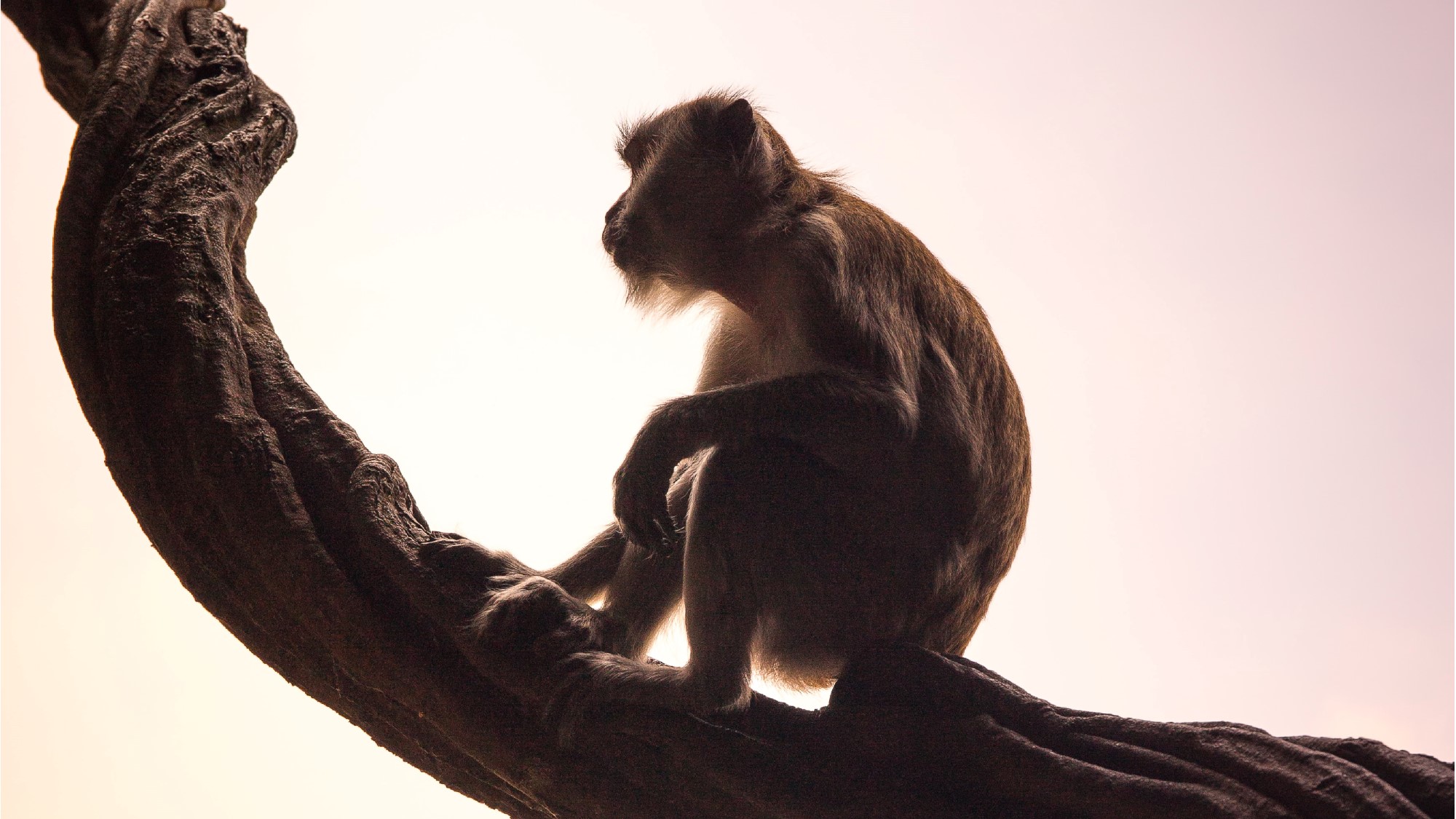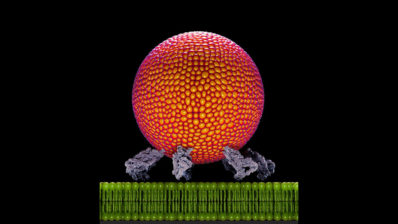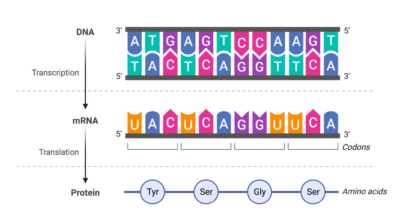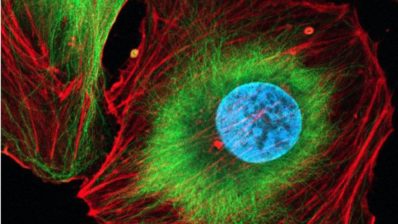An international team of researchers has succeeded in completing the first cellular atlas of a non-human primate, Macaca fascicularis. In other words, they have managed to describe all the macaque’s cell types and create a map of its cells. This breakthrough has been possible thanks to the collaboration between research teams from BGI-Research, Jilin University and the Guangzhou Institutes of Biomedicine and Health in China, together with teams from 35 international institutions, including the Department of Medicine and Life Sciences (MELIS-UPF).
In this work, they have analysed the cellular transcriptome – that is, the set of all the RNAs present in a cell – of 1.14 million cells from 45 different tissues. They were able to identify 113 major cell types, according to the pattern of expressed RNAs, completing the first cellular atlas of the body of a non-human primate.
Pura Muñoz-Cánoves, one of the authors of the study and leader of the Cell Biology Research Group (MELIS-UPF) highlights the great effort made by the Chinese team. She adds that “this work will be a fundamental reference and will be very useful for future studies in primates, including humans, as it will help to understand the nature of our own species”. For example, this map at the single-cell level can help identify which cells metabolise fat (which may help to understand obesity), or which cells regulate neural circuits in the brain (which may help to find treatments for neurological diseases), among others.
“This work will be a fundamental reference, as it will help to understand the nature of our own species.”
Pura Muñoz-Cánoves, MELIS-UPF
Evolutionarily, non-human primates are the closest species to humans. For this reason, the creation of this database can provide very relevant information in terms of the development of methods for the diagnosis and treatment of diseases, the evaluation of the efficacy of clinical drugs or the analysis of cellular evolution between species.
Han, L., Wei, X., Liu, C. et al. Cell transcriptomic atlas of the non-human primate Macaca fascicularis. Nature 604, 723–731 (2022). https://doi.org/10.1038/s41586-022-04587-3







